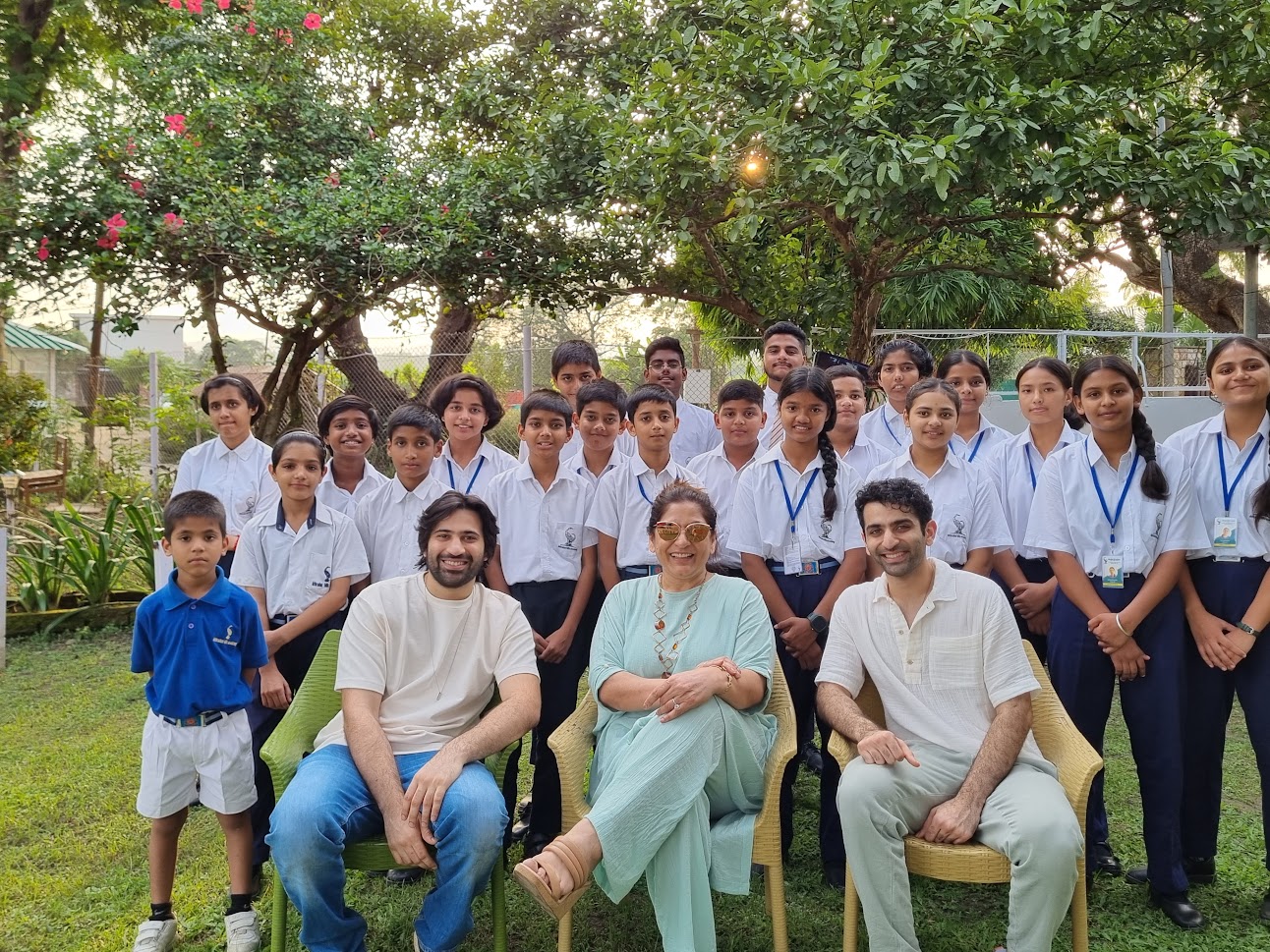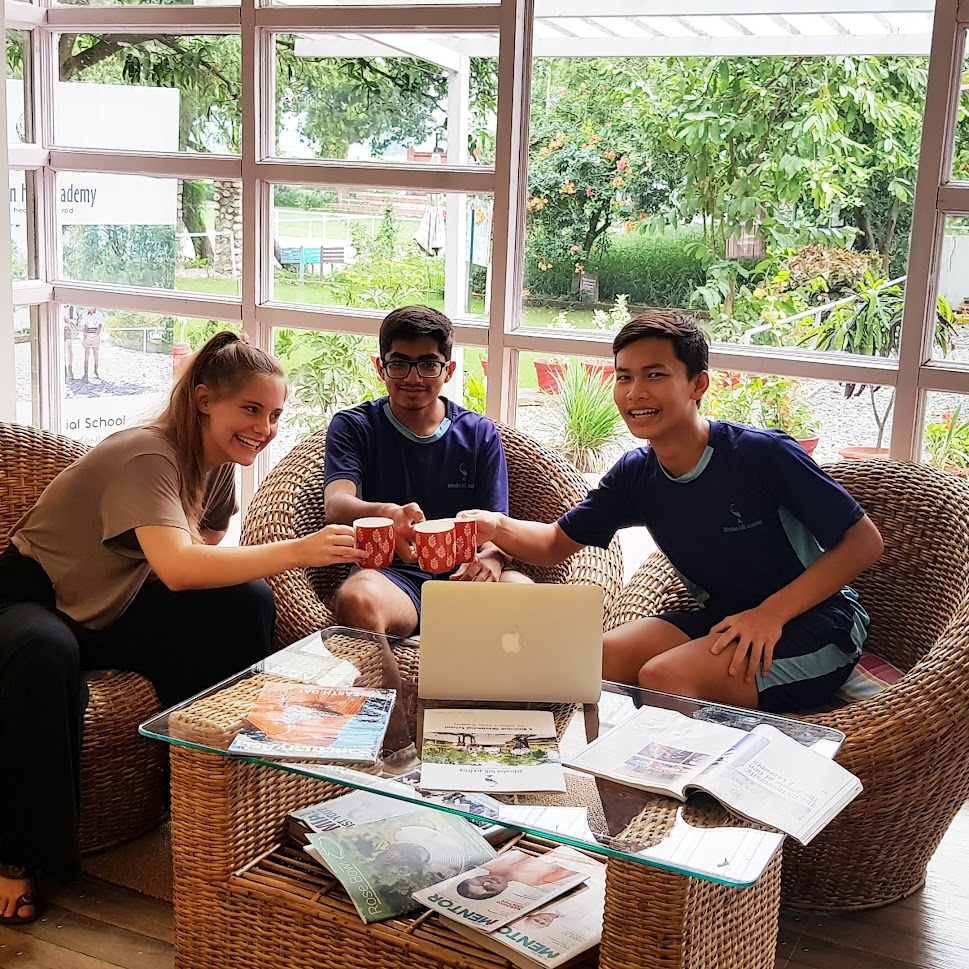
Personalized Learning Experience
In a society that tends toward mass production and consumption, there are still those whose primary concern is content and authenticity.
The quality over quantity concept applied to education calls for smaller class sizes and fewer pupils in the community, which enhances the experience in several important ways.
Community spirit at the DDHA is encouraged in the pristine environment, with hostel strength limited to 150 students. This ‘boutique’ model is unique in its emphasis on relationships – moving beyond the standard of teacher to student and extending a focus on teacher to parent, student to student, parent to parent interaction, not forgetting school administrators who are far more involved with individual students than they could be in a larger school situation. At DDHA, director and other administrators pride themselves on knowing each child by their name.
“Teachers are more apt to know their students as individuals and to be familiar with the family backgrounds from which they come,”. A smaller community allows for more intimate and tailored attention to individual needs. Teachers are more likely to notice any changes in behavior or performance immediately and are able to take the necessary steps to address these issues right away – before they become big problems.




